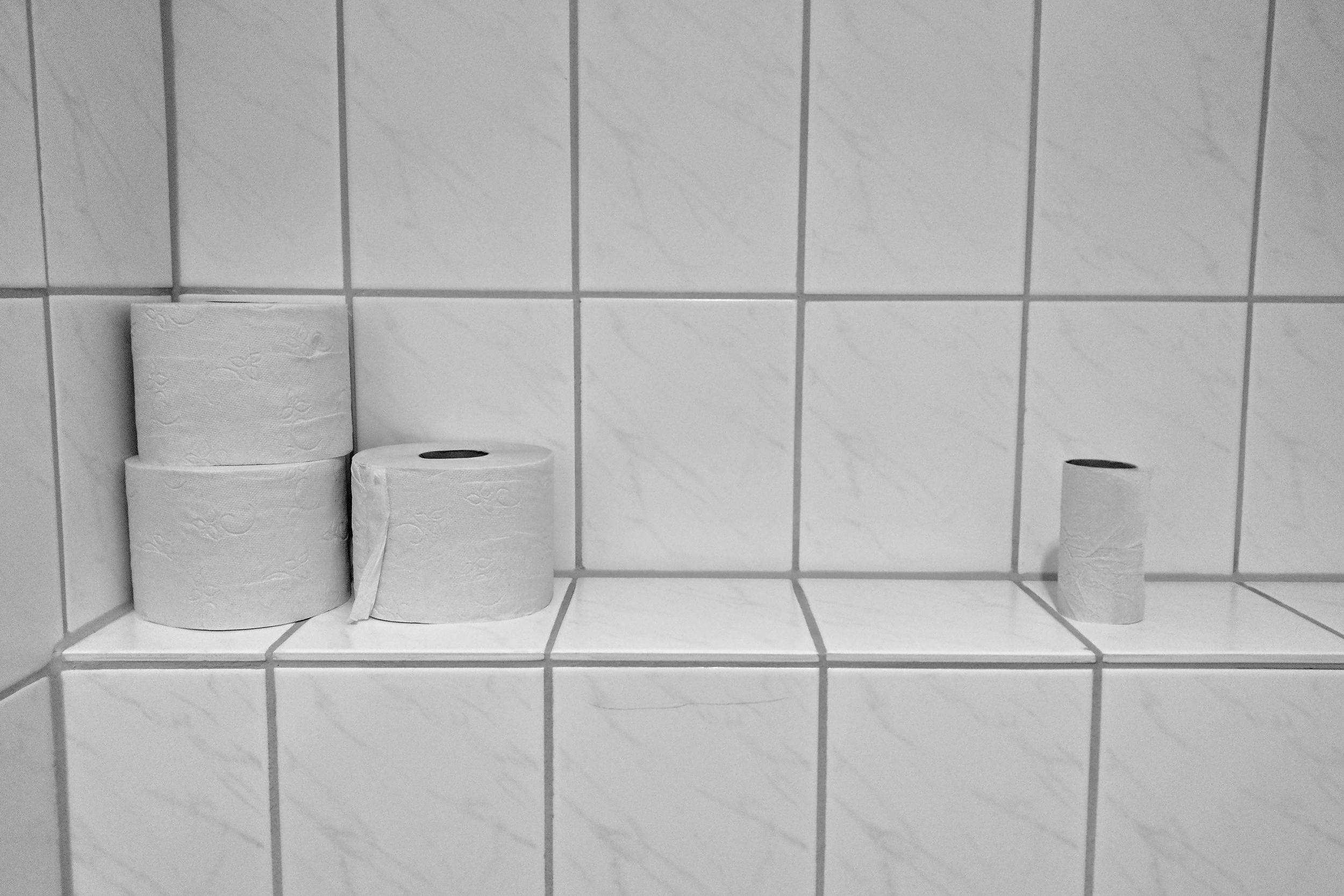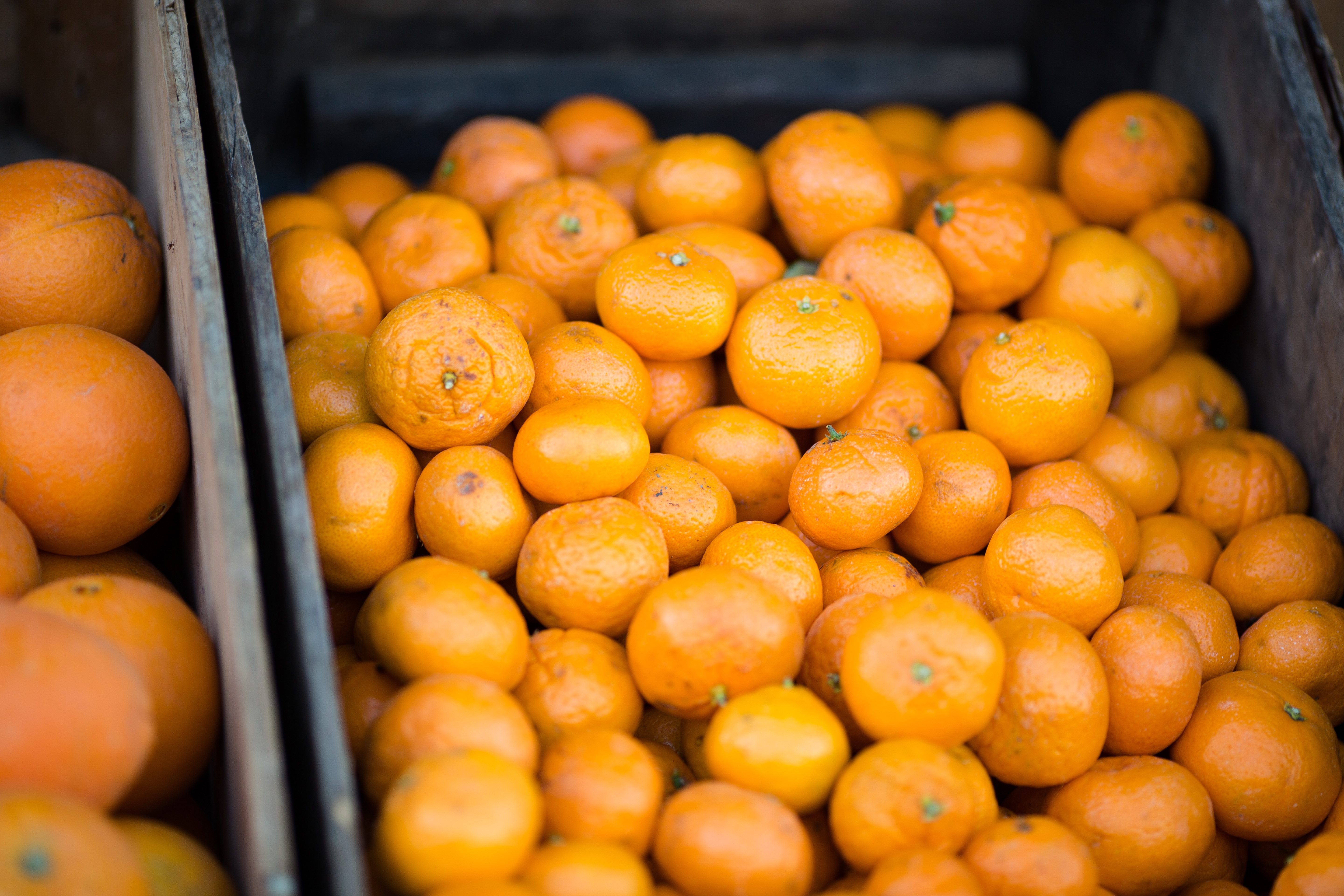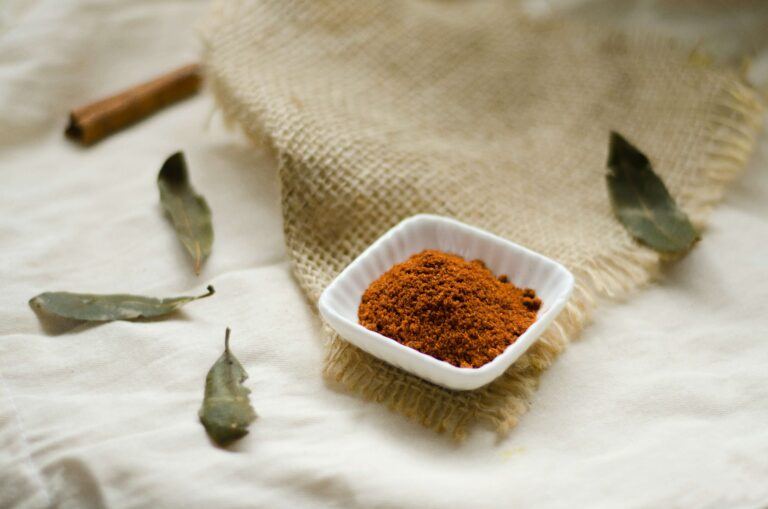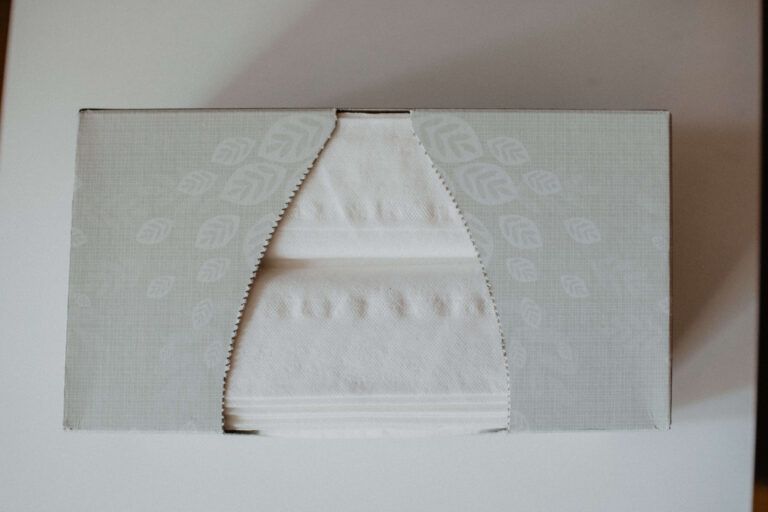These are just some of the euphemisms I regularly hear from patients when we discuss their digestion, and they almost always refer to constipation. In my practice and across the nation, constipation is one of the most common digestive complaints people have. It is typically a temporary condition and is usually a symptom of imbalance rather than a disease itself. Yet while we don’t always consider it a serious health concern, it is telling that that constipation accounts for 2.5 million doctors visits and $725 million dollars spent on laxative products annually.
Constipation means different things to different people. It breaks down into one or both of two factors: frequency and quality. Typically constipation means having a bowel movement fewer than three times per week, although anyone who doesn’t go daily is suffering from some degree of constipation.
Constipation also refers to stool that is hard, dry, small in size, or difficult to eliminate. Often our patients don’t pay attention to their stool but do notice irregularity, a need to strain, the sensation of fullness (even after a bowel movement), and pain.
How the Bowel Works
One way to understand the dysfunction underlying constipation is to know how the bowels work when they are healthy. The two features that make up an intestinal function are mechanical and environmental.
Mechanical function refers to the rhythmic wave-like motion of the intestine called peristalsis. This motion is what moves food along through the gut.
The environmental aspects of the intestines are a bit more complicated. Enzymes are secreted into the intestines to help with the breakdown of food. Moving along, there are healthy bacteria that proliferate throughout the intestines, which help to digest foods and nutrients that weren’t broken down previously. Then, once foods are reduced to their nutritional components, they are absorbed through the relatively permeable intestinal walls.
Causes
Constipation is the result of a failure in some part of the process described above. Mechanical slowdown leads to food spending more time in the intestines and having too much fluid drawn out. Imbalance in the breakdown process itself or absorption can also affect bowel movements. Often it is the case that there are mechanical and functional problems simultaneously.
Here are some of the most common factors that can cause the intestines to slow down and even get flat out stuck:
- Not enough fiber in the diet which carries food through the gut. Also, diets high in dairy or fats can slow you down
- Lack of physical activity reduces stimulation that helps the movement
- Medications and supplements can often affect absorption, kill off friendly bacteria, and slow peristaltic movement
- Changes in life or routine such as pregnancy and hormonal changes, aging, and generally slower metabolism, and travel which disrupts the regular cycles of your body
- Excessive use of laxatives can lead to dependence and an inability to move your bowels without them
- Dehydration can lead to hoarding in your gut, especially when you are feverish or have lost fluids because of diarrhea
Of course, certain diseases can cause constipation as well. These can be metabolic, neurological, and auto-immune. Also, anesthetics used in surgery are notorious for binding up the gut.
What Chinese Medicine Can Do
In addition to recognizing the causes of constipation, Chinese medicine identifies patterns that emerge because of them. This allows us a proactive strategy to heal the digestive system within the context of your overall health. These distinct patterns include:
- Excess heat that consumes fluids such as when there is a fever
- An excessive cold that slows intestinal function and causes congestion, such as with inappropriate diet
- Deficiency of fluids that provide the moisture intestines rely on, such as with age or medications
- Overall Qi deficiency where there is just not enough energy to keep the bowels functioning
For each of these patterns, different acupuncture and herbal therapies can effectively rectify imbalances and get you moving again.
Things You Can Do At Home
For most types of constipation, the effects of minor lifestyle and nutritional changes can be dramatic.
- Make sure you stay well hydrated (Coffee and other diuretics don’t count!)
- Get plenty of fiber. There are fiber supplements you can take but the best thing to try first is to get it from your diet with lots of beans, grains, fruits, and vegetables (30 grams is a good number to aim for). Also, cut back on foods that have no dietary fiber such as dairy, meats, and processed foods.
- Exercise acts like a massage for your tummy to keep it all moving.
- Eat regularly and don’t ignore the urge to move your bowels. Your body functions best with a consistent rhythm.
- Recognize changes in your intake such as new vitamins or medications.
- Acupressure: By rubbing specific points on yourself can help. One commonly used point for constipation is actually on the Stomach channel but pertains to the Large Intestine. Stomach 37 (ST 37) is located about 2 hand-widths below the indentation the outside of the knee.
As a side note, of all the strong herbs and medications and massages and everything else that can be done to treat constipation, one of the consistently most effective treatments I know of was handed down from my grandmother years ago:
Prune juice.
The changes necessary to regulate your digestion are typically straight ahead. Nutrition, exercise, and lifestyle regularity (which includes stress reduction) often do the trick. Of course though, while constipation is typically easy to remedy, if it goes on for more than a couple of weeks, is accompanied by pain or blood, or is completely unresponsive to any other treatments, you should consult your Physician.






